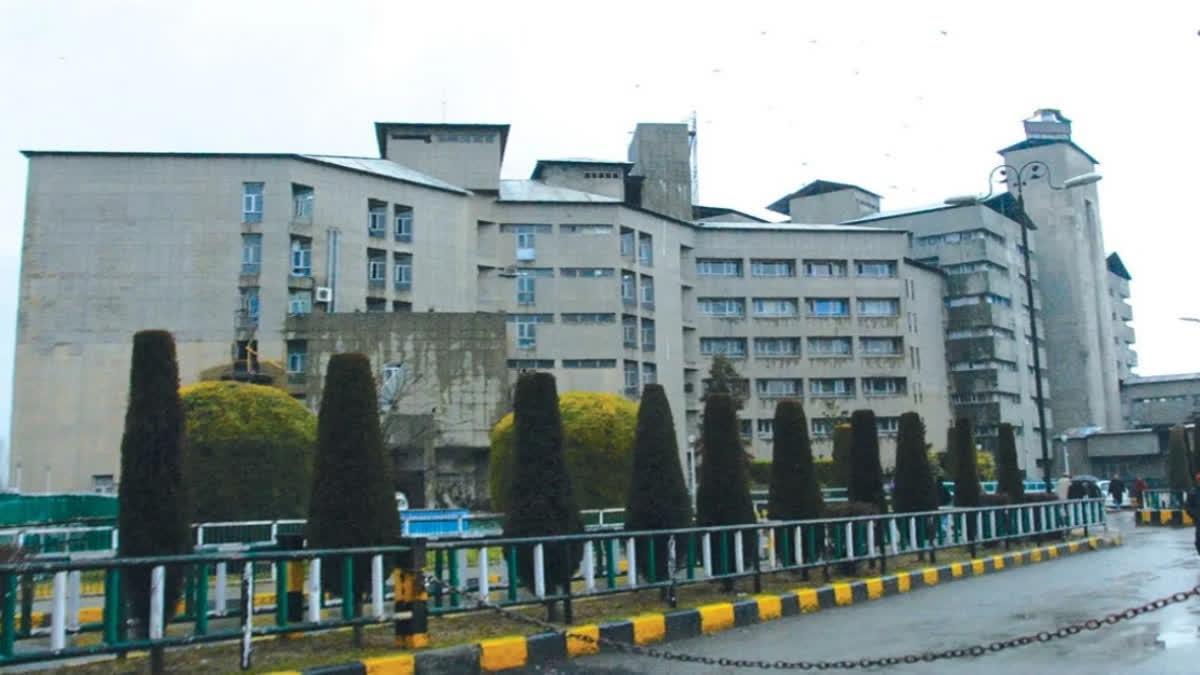Srinagar (Jammu and Kashmir): Cancer patients at the Sher-i-Kashmir Institute of Medical Sciences (SKIMS) Soura in Srinagar, Jammu and Kashmir, are grappling with a distressing shortage of radioactive iodine therapy drugs that has persisted for nearly a year. This shortage has led to significant delays in treatment, leaving many patients stranded and struggling to secure their essential therapies.
The Nuclear Medicine Department at SKIMS has been unable to provide timely treatment due to the drug scarcity, turning what should be a routine procedure into a prolonged and painful ordeal. Patients, who are required to stop their thyroid medication six weeks before undergoing therapy, face compounded physical and emotional distress as they wait for doses that are overdue by several months.
One patient scheduled for therapy in March expressed frustration to ETV Bharat, describing ongoing difficulties despite frequent visits to the department. "Since my thyroidectomy in 2021, I have never received my therapy on time. I am given dates regularly, but the medication is never available, which has left me disheartened and forced to leave without treatment," the patient said. The patient also criticized the department's lack of satisfactory responses regarding the shortage.
When patients inquire about the shortage from the department, they often receive inadequate answers, exacerbating their sense of helplessness and frustration. This lack of clear communication adds to the emotional burden of those already dealing with severe health issues.
When ETV Bharat contacted officials, including Director of SKIMS Dr Mohammad Ashraf Ganai, they declined to comment on the issue. However, a senior doctor in the Nuclear Medicine Department at SKIMS Soura confirmed the ongoing problem.
The doctor acknowledged that the shortage, caused by delays from the supplier "Brett Life Sciences," has persisted despite advance payments and bookings. "This problem extends beyond SKIMS Soura, affecting major hospitals nationwide and underscoring a significant challenge in the availability of critical cancer treatments," the doctor said.



